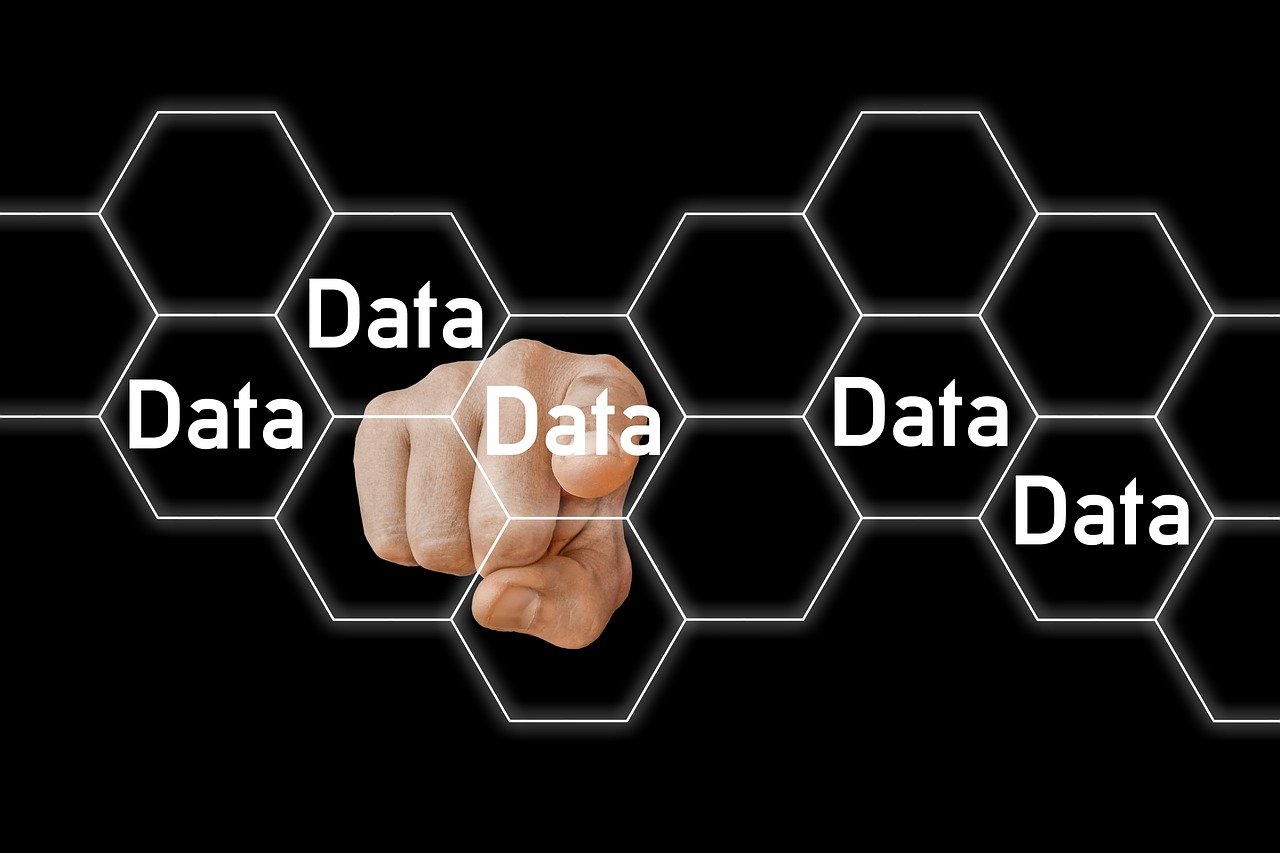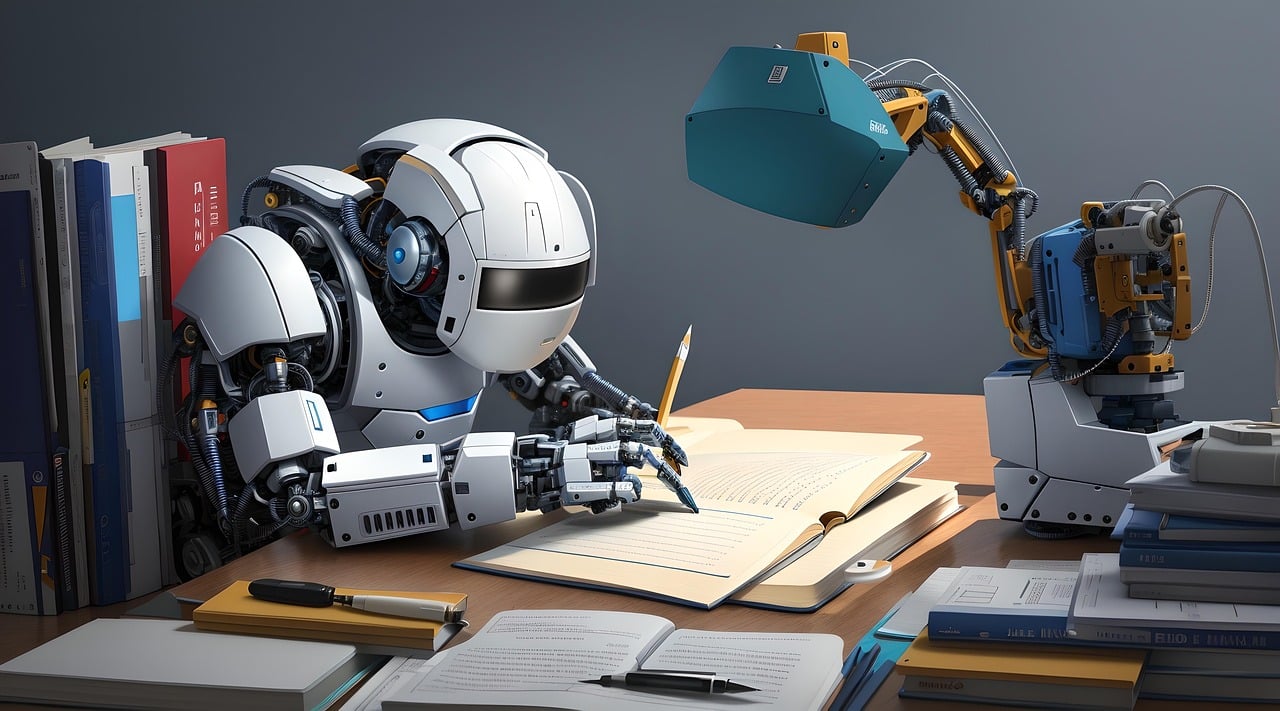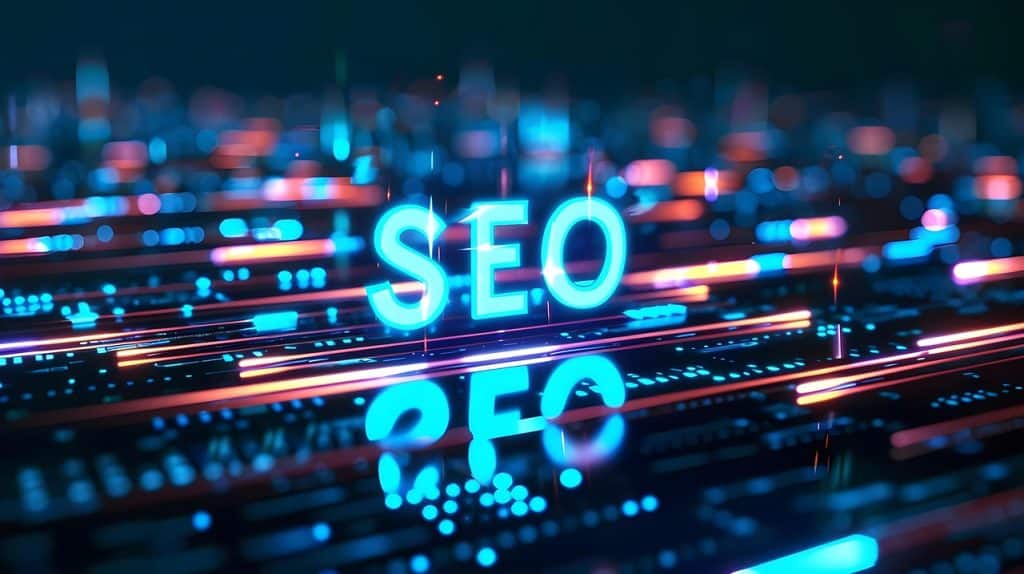Digital marketing is changing fast. Search engines are getting smarter, and people are expecting quick, and helpful answers. Today, two forces are driving this change: SEO and AI.
SEO helps businesses get found online, while AI helps them understand customer behavior and create better content. When these two work together, brands can reach the right audience faster and improve their marketing results.
In this article, we’ll dive deeper to understand how SEO and AI connect and reshape digital marketing.
From traditional to AI search engines
Search engines used to work in a very basic way, mostly with keywords, but that isn’t the case anymore. You typed in a keyword, and the search engine showed pages that matched those exact words. The results were mostly based on links, keywords, and how well a website was structured.
Today, search engines are moving toward AI-powered systems. Instead of just matching keywords, AI understands the meaning behind your question. It looks at context, user intent, and even past behavior to provide more accurate answers.
With AI search engines, people get direct solutions instead of long lists of links. This shift is changing how businesses approach SEO, because new content needs to be helpful ,clear, and trustworthy, not just filled with keywords.
Evolution of faster and more personalized content creation
Content used to take a long time to plan, write, and publish. Marketers relied on manual research, long brainstorming sessions, and trial-and-error to find what worked. With AI, the process is much faster and more efficient. AI tools can analyze trends, suggest topics, and even write drafts within seconds.
They also personalize content based on the user’s interests, location, or search behavior. Instead of creating one message for everyone, brands can now tailor content to each audience group. This leads to higher engagement, better SEO performance, and content that feels more relevant to the reader.
While some may think AI replaces creativity, it actually speeds up the process and helps marketers create content that speaks directly to the people’s needs.
Better data-driven decisions

SEO was once only focused on keywords and backlinks. Many businesses tried to rank by using as many keywords as possible, but search engines are now smarter and reward helpful content that answers real questions.
AI tools make this easier. They analyze search trends, user behavior, and competitors in seconds. Businesses can see which keywords matter and what type of content performs best. This saves time and reduces marketing costs.
Many brands work with performance marketing agencies like Skale to get expert help with SEO, analytics, and conversion tracking. These agencies are good for testing ideas and focusing on results that matter, not just traffic.
AI video generators
Video used to be expensive and time-consuming to create. You needed scripts, editing, software, equipment, and sometimes a full team. With AI video generators, the process is much easier and faster. You can enter a script or even a short idea, and the AI turns it into a complete video with text, images, voiceovers, and transitions.
Tools like Synthesia make this especially seamless by turning plain text into polished, presenter-led videos. No camera, microphone, or actors needed. You can choose from realistic AI avatars, add your brand elements, and instantly translate content into dozens of languages.
Some of the best AI video generators can also create videos in multiple languages or match the video style to your brand. This helps marketers produce more video content without needing to get too “advanced” with their editing skills. As videos become one of the most-watched formats online, AI makes it possible for any business to keep up and create videos at scale.
Automation saves time
Marketing used to involve many repetitive tasks, which include posting on social media, collecting data, updating reports, and sending emails. These tasks took hours every week. With AI automation, marketers can now complete them in minutes. AI tools schedule posts, track performance, and personalize emails without manual work.
This gives teams more time to focus on planning, strategy, and creativity instead of routine tasks. Automation makes marketing more efficient, reduces human error, and helps businesses move faster. The result: Less time spent on the small stuff and more time spent on work that drives you real results.
After all, 75% of businesses are now using automation so this means that it’s definitely reshaping digital marketing.
Google Search Generative Experience (SGE)
SGE uses AI to answer questions directly at the top of the search results. Instead of showing a list of links, Google creates a short, helpful summary based on the best information from the web. Users can then click follow-up suggestions to go deeper into a topic without typing a new search.
This changes how people search, because they get answers faster and with less clicking around. For marketers, this means content must be clear, useful, and trustworthy. Google is no longer just reading keywords, it’s trying to understand the meaning and provide the most helpful answer.
With SGE, businesses need to focus on high-quality content that delivers real value to stand out.
AI helps forecast trends
In the past, spotting trends in marketing required you to waste lots of time manually searching for them, doing surveys, and waiting for reports to come back. Marketers often reacted after a trend had already started. With AI, this process becomes much faster and more accurate.
AI tools can analyze large amounts of data, search patterns, social media activity, customer behavior, and any market changes in real time. They detect early signals and predict what people will care about next.
This allows marketers to plan content, campaigns, and product offers before competitors catch on. Instead of guessing, businesses can make smart decisions based on data-backed predictions. AI helps marketers stay ahead of the curve, not just follow it.
Smart virtual assistants

Smart assistants like AI chatbots, planning tools, and virtual helpers are becoming a key part of digital marketing. They can handle tasks such as writing emails, creating content outlines, answering customer questions, or organizing daily to-do lists.
Instead of switching between multiple apps or doing everything manually, marketers can simply ask the assistant to perform a task. These tools can also learn from user behavior, making suggestions and recommending better ways to work.
By reducing the time spent on routine tasks, smart assistants allow marketers to focus on creativity and strategy. This leads to faster workflows, better organization, and more productive marketing teams.
User search intent
In the past, SEO relied heavily on keywords. Marketers focused on matching exact phrases to rank on search engines. Today, AI and modern SEO tools allow marketers to look deeper. Instead of just matching words, they analyze intent, the reason someone is searching. Are they looking for information? Trying to compare options? Ready to buy something?
By understanding the purpose behind a search, businesses can create content that directly answers the user’s needs. This leads to higher engagement, better rankings, and longer time spent on the page. Content becomes more helpful and focused, instead of just packed with keywords.
When marketers match user intent, they attract the right audience and the results are much stronger.
Better reporting and analytics
Reporting used to be complicated. Marketers had to pull data from many tools, organize it into spreadsheets, and try to make sense of the numbers. It was easy to make mistakes and hard to see the full picture. With AI-powered analytics, reporting becomes simple and accurate.
AI collects data from different platforms, cleans it, and turns it into clear dashboards and visual summaries. Instead of spending hours on manual reporting, marketers get insights in seconds.
They can see which campaigns are working, where traffic comes from, and what actions lead to more sales. Cleaner reporting means less confusion and faster decision-making, helping teams focus on strategy instead of spreadsheets.
SEO and AI are changing digital marketing forever
Yes, SEO and AI are changing digital marketing like never before. Search engines are getting smarter, content is created faster, and decisions are based on real data instead of guesswork.
Businesses can now reach the right audience more easily and deliver content that feels personal and helpful. AI tools improve productivity, automate repetitive tasks, and give marketers more time to focus on strategy and creativity. Meanwhile, SEO makes sure that the content people create is visible and trusted.
The future of digital marketing belongs to brands that adapt to these changes. Those who use both SEO and AI together won’t only stand out online, they’ll grow faster ,connect better with customers, and stay ahead of competitors.
